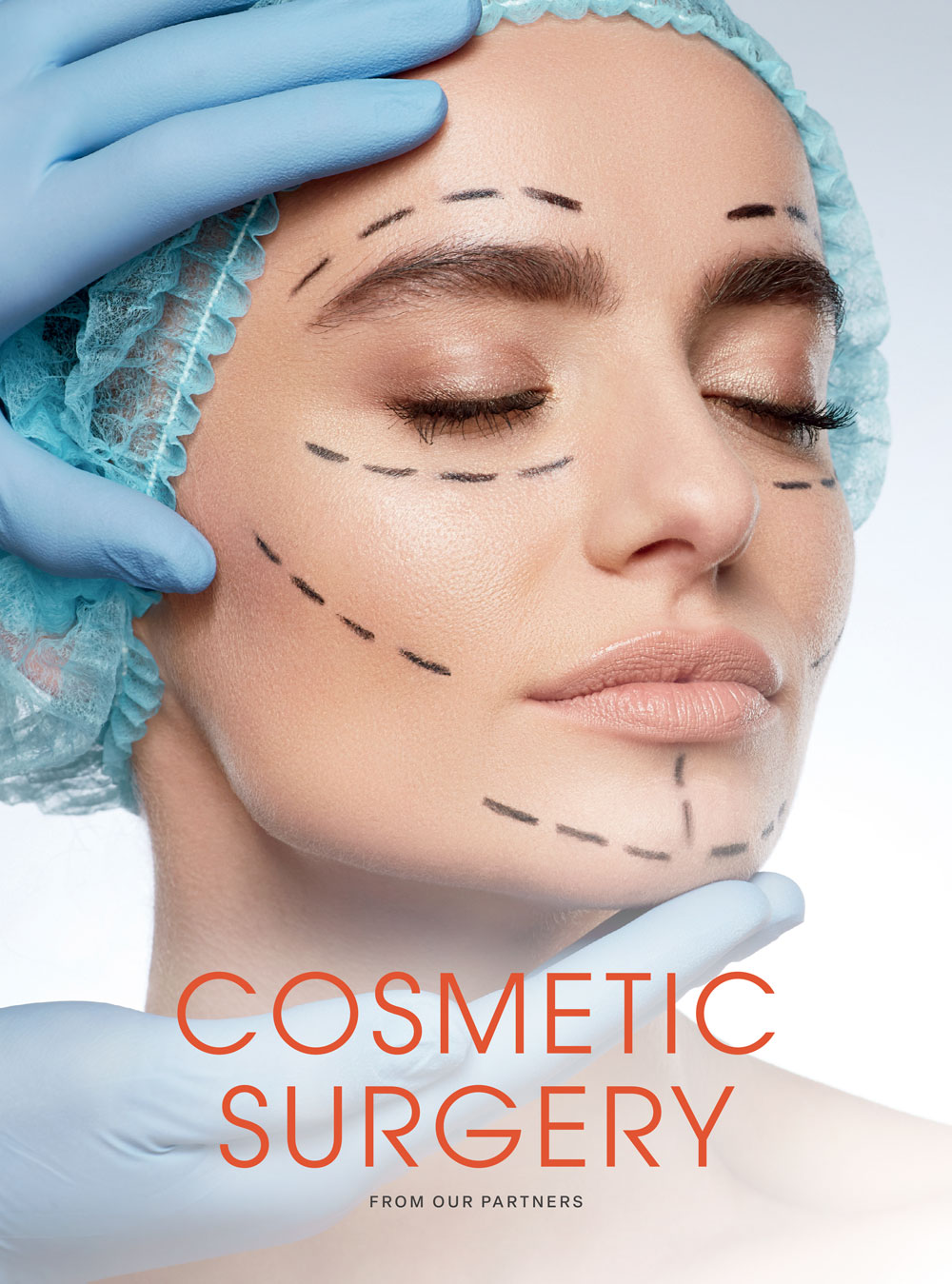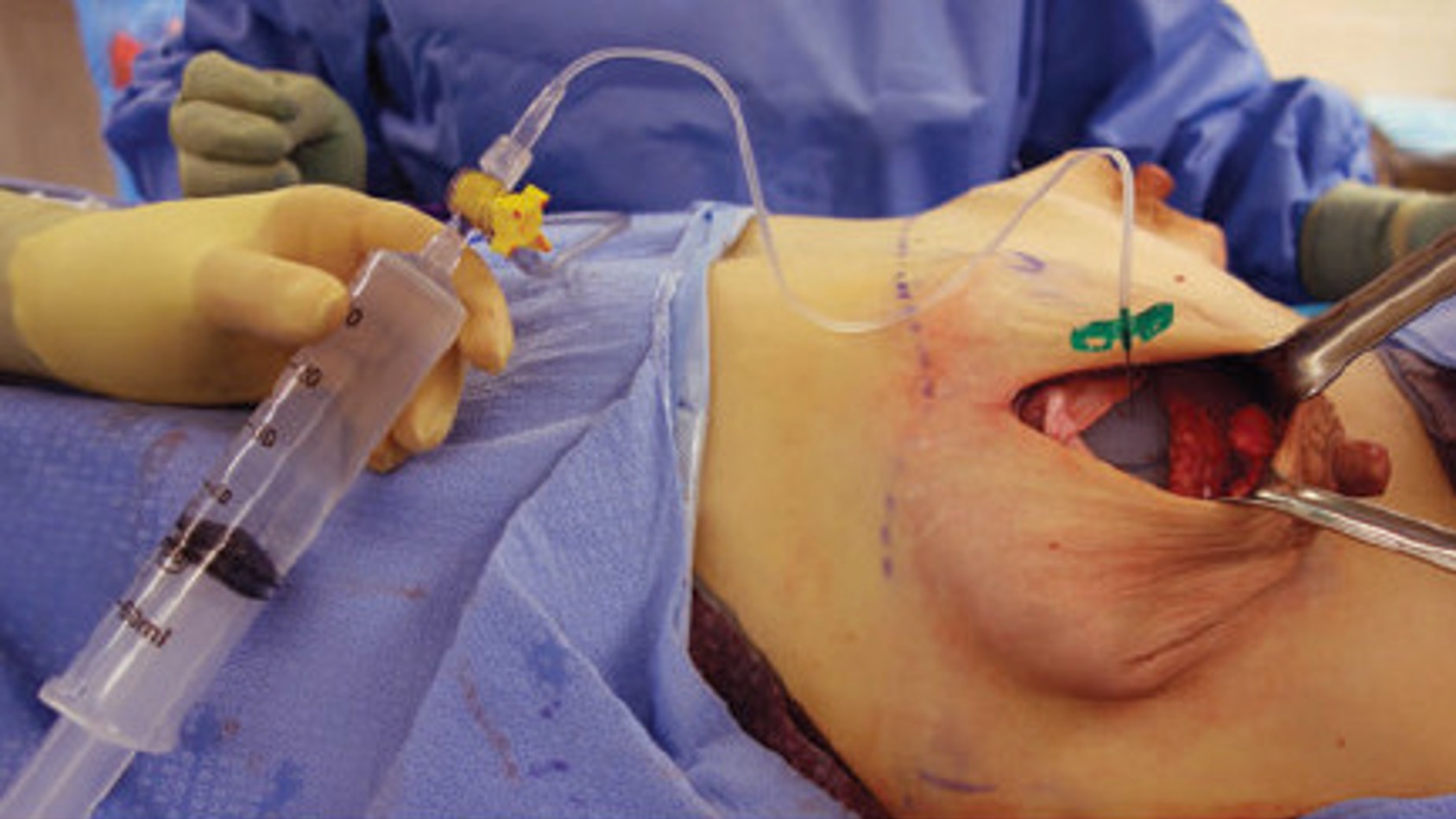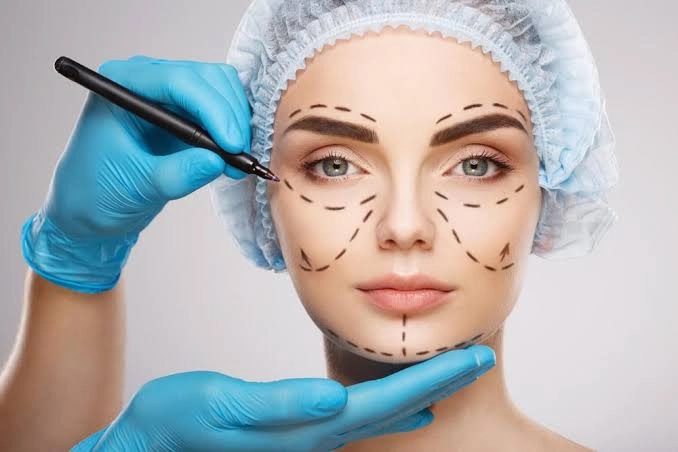Facelift Rancho Cucamonga: Smooth Wrinkles and Tighten Up Skin for a Vibrant Look
Facelift Rancho Cucamonga: Smooth Wrinkles and Tighten Up Skin for a Vibrant Look
Blog Article
Examining the Psychological and Social Factors That Drive People to Take Into Consideration Aesthetic Surgery as a way of Renovation
The choice to go after plastic surgery usually expands past simple aesthetics, linking with emotional and social dynamics that merit thorough examination. Variables such as self-worth, pervasive societal elegance criteria, and the pervasive influence of social media sites assemble to shape individual motivations for medical improvement. As these impacts become increasingly popular, recognizing the underlying cultural and psychological contexts is necessary. What stays to be explored is the extensive impact these aspects have not only on individuality but likewise on broader social norms and worths surrounding appeal and acceptance.
The Function of Self-worth
Self-confidence significantly influences a person's choice to seek cosmetic surgical treatment. People with low self-confidence commonly perceive themselves in a negative light, causing sensations of insufficiency concerning their physical appearance. This negative self-perception can drive them to seek surgical treatments as an approach of boosting their self-image. The need for enhancement in one's look is regularly connected to a belief that such changes will certainly boost their total self-worth and self-confidence.

Ultimately, the role of self-worth in the decision-making procedure relating to cosmetic surgery highlights the complex interaction in between body picture, personal fulfillment, and mental health. Understanding this relationship is essential for medical care experts to ensure that individuals are making notified decisions rooted in sensible expectations and emotional wellness.
Social Beauty Criteria
Influenced by prevalent media representations and cultural stories, societal beauty criteria play a critical function fit people' understandings of their very own bodies. These criteria are commonly characterized by an idyllic type of beauty that stresses characteristics such as proportion, youthfulness, and slimness. As these perfects are continued through various networks, including movie, advertising, and television, people often internalize these messages, resulting in discontentment with their all-natural look.
The implications of these social norms expand beyond aesthetic preferences; they can influence self-esteem, psychological health and wellness, and interpersonal partnerships. People who regard themselves as dropping brief of these standards may experience feelings of insufficiency, prompting a need for plastic surgery as a way of achieving societal authorization. This quest is typically sustained by the belief that satisfying these suitables will certainly boost not only physical appearance but likewise social standing and individual satisfaction.

Impact of Social Media
The effect of social elegance standards is further enhanced by the increase of social media sites platforms, where curated photos and idyllic depictions of appeal are common. Users are continuously subjected to filteringed system and modified photos, which frequently portray unattainable physical characteristics. This exposure cultivates a culture of comparison, leading individuals to evaluate their own appearance against these typically unrealistic criteria.
Social network influencers and stars often promote cosmetic procedures, stabilizing the idea that medical improvements are a sensible methods for achieving societal ideals (plastic surgery rancho cucamonga). The presence of these improvements can produce an understanding that going through cosmetic surgical procedure is a typical technique, therefore affecting individuals to consider comparable treatments as a path to enhanced self-esteem and social approval
Additionally, the interactive nature of social media sites enables immediate feedback via sort and comments, further reinforcing the need to comply with prominent charm standards. Such communications can aggravate sensations of inadequacy and drive people towards plastic surgery as a way of acquiring recognition. Inevitably, social networks plays a critical role fit assumptions of charm, which considerably influences the decision-making procedures surrounding plastic surgery.

Cultural Perspectives on Look
Throughout various cultures, assumptions of appearance are deeply rooted in historical, social, and financial contexts, forming individuals' sights on appeal and value. In many societies, look works as a significant pen of identity, influencing social standing, professional possibilities, and individual relationships. For instance, in some cultures, light skin is often linked with riches and privilege, while others might idealize darker complexion as symbols of toughness and authenticity.
In addition, standard beauty criteria are usually continued via cultural stories, media representations, and family members influences, bring about varying perfects across various areas (plastic surgery rancho cucamonga). In Western cultures, the focus on youth and physical health and fitness frequently drives people towards cosmetic improvement, while in certain Eastern societies, even more subtle changes lined up with typical appearances may be favored
Globalization and the spreading of electronic media have additionally made complex these dynamics, producing a hybridization of appeal ideals that transcends geographical limits. As people increasingly navigate these cultural narratives, the pressure to adapt to specific look standards can bring about the desire for plastic surgery, mirroring an intricate interplay of cultural values and individual desires. Understanding these social viewpoints is vital in resolving the inspirations behind cosmetic surgery considerations.
Mental Effects of Plastic Surgery
Many people looking for cosmetic surgical procedure record experiencing profound psychological impacts that can significantly modify their self-perception and psychological wellness - plastic surgery Look At This rancho cucamonga. The desire for physical improvement usually originates from underlying concerns such as low self-esteem, body dysmorphic problem, or social pressures regarding elegance requirements. For some, the immediate my response post-operative stage can cause a short-term boost in positive self-image and fulfillment with their appearance, cultivating a feeling of empowerment
However, these favorable feelings might not be withstanding. Study suggests that while some patients experience boosted self-esteem, others might deal with heightened stress and anxiety or depression if their assumptions are not satisfied. This discrepancy can emerge from unrealistic ideals continued by media depiction and social narratives bordering beauty.
In addition, the mental implications of plastic surgery extend beyond the person. Relationships with family and close friends may be stressed as social dynamics change, leading to feelings of seclusion or alienation. Ultimately, the mental influences of cosmetic surgical treatment are diverse and intricate, requiring mindful consideration by both potential individuals and healthcare suppliers to guarantee educated decision-making and practical expectations.
Conclusion
Finally, the choice to pursue cosmetic surgical treatment is significantly influenced by a combination of self-worth concerns, societal charm requirements, and social viewpoints on look. The pervasive reach of social networks further intensifies these pressures, promoting unrealistic perfects that people often strive to achieve. Comprehending these social and emotional variables is essential for addressing the motivations behind cosmetic surgery, highlighting the need for a more nuanced conversation surrounding beauty and self-acceptance in modern culture.
The choice to go after cosmetic surgical treatment commonly prolongs beyond mere looks, linking with mental and social dynamics that merit comprehensive evaluation. Ultimately, social media plays a critical role in shaping her comment is here assumptions of elegance, which substantially affects the decision-making processes bordering cosmetic surgical procedure.
As individuals increasingly browse these social stories, the stress to adapt to particular look criteria can lead to the desire for cosmetic surgical procedure, mirroring a complicated interplay of personal aspirations and social worths.In final thought, the choice to go after cosmetic surgery is significantly affected by a combination of self-worth issues, social charm criteria, and cultural viewpoints on appearance. Recognizing these mental and social aspects is important for addressing the inspirations behind cosmetic surgery, highlighting the requirement for a more nuanced conversation bordering charm and self-acceptance in modern society.
Report this page